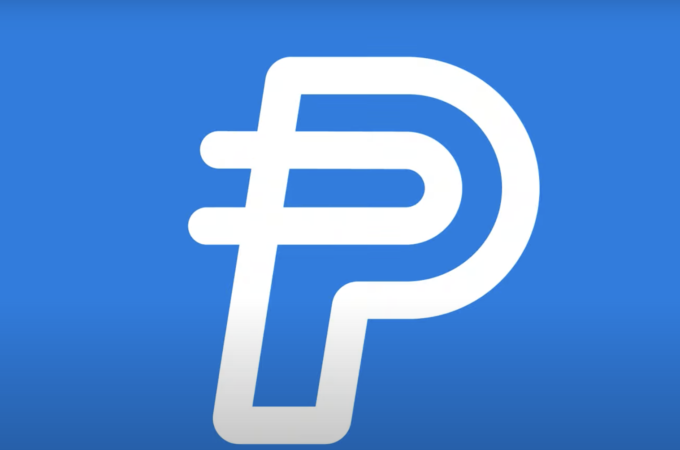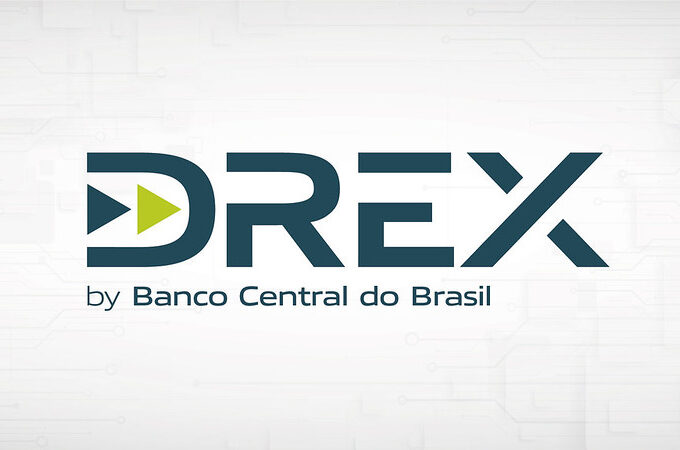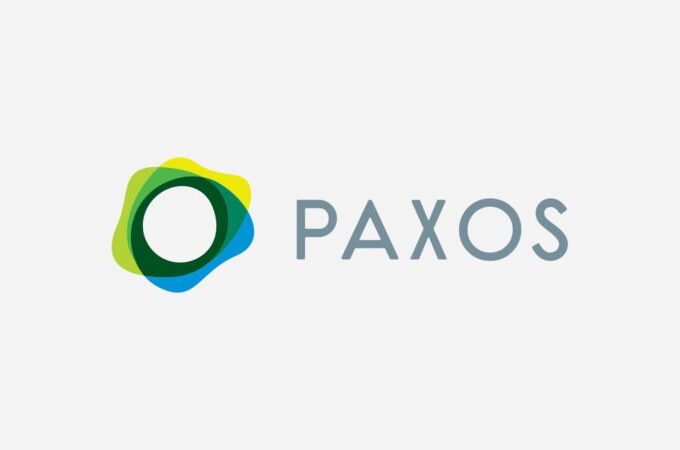
FIT21 Bill Faces Opposition from White House and SEC
The proposed Financial Innovation and Technology for the 21st Century Act (FIT21) has sparked significant debate among regulators, the administration, and lawmakers over its potential impact on the regulation of digital assets. As the House of Representatives prepares to vote on the bill, key figures including President Joe Biden and SEC Chair Gary Gensler have voiced strong opposition, citing concerns over investor protection and market stability.
The primary contention surrounding FIT21 lies in its redefinition of regulatory boundaries for digital assets. The bill aims to clarify the roles of the Securities and Exchange Commission (SEC) and the Commodity Futures Trading Commission (CFTC) in overseeing these assets. However, critics argue that it fundamentally weakens the regulatory framework that has been in place for decades, thereby increasing risks for investors and undermining market integrity.
One of the most significant changes proposed by FIT21 is the exclusion of certain digital assets from the statutory definition of securities. This shift could strip these assets of the robust protections provided under federal securities laws. Historically, securities laws have mandated that issuers disclose material information and adhere to strict standards to prevent fraud and manipulation. By removing these requirements for blockchain-recorded investment contracts, FIT21 potentially exposes investors to higher risks of fraud and misconduct.
SEC Chair Gary Gensler has been particularly vocal about the dangers posed by the bill. He emphasized that many digital assets currently operate as securities under existing laws, a position repeatedly upheld by court rulings. Gensler warned that FIT21 would create regulatory gaps, allowing issuers to self-certify their products as “decentralized” systems or “digital commodities,” thus evading SEC oversight. With the SEC given only 60 days to review these certifications, the agency’s already strained resources would be overwhelmed, enabling many assets to bypass even minimal scrutiny.
Gensler also criticized the bill’s departure from the Howey test, a long-standing Supreme Court precedent used to determine whether an asset qualifies as a security based on its economic realities. Instead, FIT21 proposes to base regulatory oversight on the type of ledger used for recording transactions, which Gensler argued is an inadequate measure of investor protection.
The bill’s provisions for crypto trading platforms also drew sharp criticism. By excluding these platforms from the definition of an exchange, FIT21 would remove essential protections for investors, such as safeguards against conflicts of interest and requirements for proper asset custody. This regulatory relaxation could lead to scenarios where platforms engage in practices detrimental to their customers, including trading against them or failing to secure their assets properly.
President Biden’s administration echoed these concerns, stating that FIT21 lacks sufficient consumer and investor protections. The administration expressed willingness to collaborate with Congress on developing a more comprehensive and balanced regulatory framework that promotes innovation while ensuring adequate safeguards. This stance marks a shift from previous positions where the administration threatened to veto bills perceived as undermining the SEC’s authority, such as the recent SEC accounting rule for banks handling crypto assets.
The administration’s opposition to FIT21, without an outright veto threat, suggests an openness to legislative refinement rather than outright rejection. This approach indicates a recognition of the need for tailored regulation in the evolving digital asset space but insists on maintaining core investor protections.
The broader implications of FIT21 extend beyond the crypto market. Gensler highlighted the potential risk to the entire capital market ecosystem. By enabling entities to circumvent traditional regulatory frameworks through self-certification, the bill could encourage non-compliant actors in other financial sectors to exploit similar loopholes. This could lead to a scenario where the integrity of the $100 trillion U.S. capital markets is compromised, posing significant risks to the financial system as a whole.
In conclusion, while the Financial Innovation and Technology for the 21st Century Act aims to modernize the regulatory approach to digital assets, it faces substantial opposition from key regulatory and administrative figures. The bill’s potential to undermine established investor protections and create regulatory gaps poses significant risks that outweigh its intended benefits. As the House of Representatives votes on FIT21, the debate underscores the critical balance between fostering innovation and ensuring robust market oversight. The outcome will significantly shape the future landscape of digital asset regulation in the United States.





